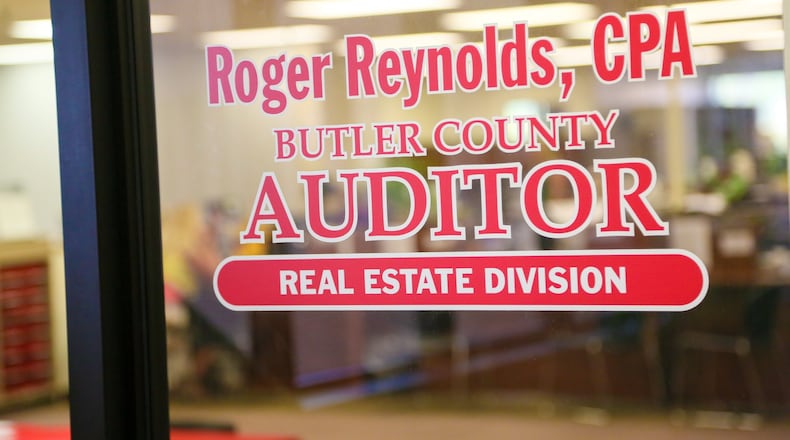Will all property values jump 20%?
No, it is an aggregate increase, meaning increases will vary depending on the 2019 sales in a given area or neighborhood. Reynolds recommended a 13% to 15% increase, but the tax commissioner’s office is insisting on 20%, except in Fairfield Twp. where the state wants a 23% increase.
“Based on just those 2019 sales, state bureaucrats are ordering a 20 percent aggregate increase in residential/agricultural properties for the 2020 tax year in Butler County,” Reynolds said. “That’s ridiculous.”
Does the value hike mean taxes will automatically increase?
No. Generally, increased property values do not translate to higher tax bills unless a jurisdiction alters an existing levy or asks voters to approve a new levy. Taxpayers in West Chester Twp. will see a tax increase if voters approve two safety service levies in this fall’s election.
If the 20% increase stands, West Chester would collect $5 million for each new levy, and the owner of the $200,000 home would pay $28 more per month, or $336 annually, for both levies on the home that would now be valued at $240,000.
Homeowners in the Hamilton and Ross school districts will also see increases — about $27 and $61 per year, respectively, on a $100,000 home if values go up 20%. Both school boards approved moving inside millage from the general fund to permanent improvement funds to take advantage of the coming increase.
What can be done to stop the increase?
Reynolds said he has multiple options, including appealing the state’s order, enlisting the aid of state lawmakers and possibly filing a lawsuit.
The county commissioners sent a letter last week to all state lawmakers who represent Butler County and copied the governor.
“The Butler County board of commissioners encourages the General Assembly and requests its representatives and senators to challenge the State Tax Commissioner and his unreasonable determination about our county’s property valuation,” the letter reads.
“The world, nation, and most applicably, the state of Ohio is in the midst of a pandemic that has already economically devastated county residents and businesses, and could bring more harm to the economy and the housing market with even greater financial consequences.”
What’s next?
Reynolds has refused to budge on his final submission, which he revised to an aggregate 14% increase. He said the tax commissioner will issue an order, and then he can appeal the order. The state board of tax appeals division is an arm of the tax commissioner’s department, according to Reynolds. The state’s position is clear.
“The Ohio Constitution itself requires real property to be valued at its true value in money for the purpose of taxation. Ohio statutory law further charges the tax commissioner with the duty to ensure that standard is met,” said Gary Gudmundson, spokesman for the Ohio Department of Taxation. “Deviating from that standard would require extensive changes to the law, likely including a Constitutional amendment.”
Ohio Rep. George Lang. R-West Chester Twp., said he is looking into the matter.
“Unfortunately the legislature is kind of shut down right now,” Lang said. “I assume there is a legislative fix but I don’t think we’ll have anything in place in the near future, it’s going to take a while. I think more authority should be driven down to the local level on that, let’s hold the auditor accountable not the tax commissioner up in Columbus.”
Both a lawsuit and legislative action would take a very long time. Reynolds said if he appeals the issue the values would be set at his recommended increases while that process is pending.
About the Author

